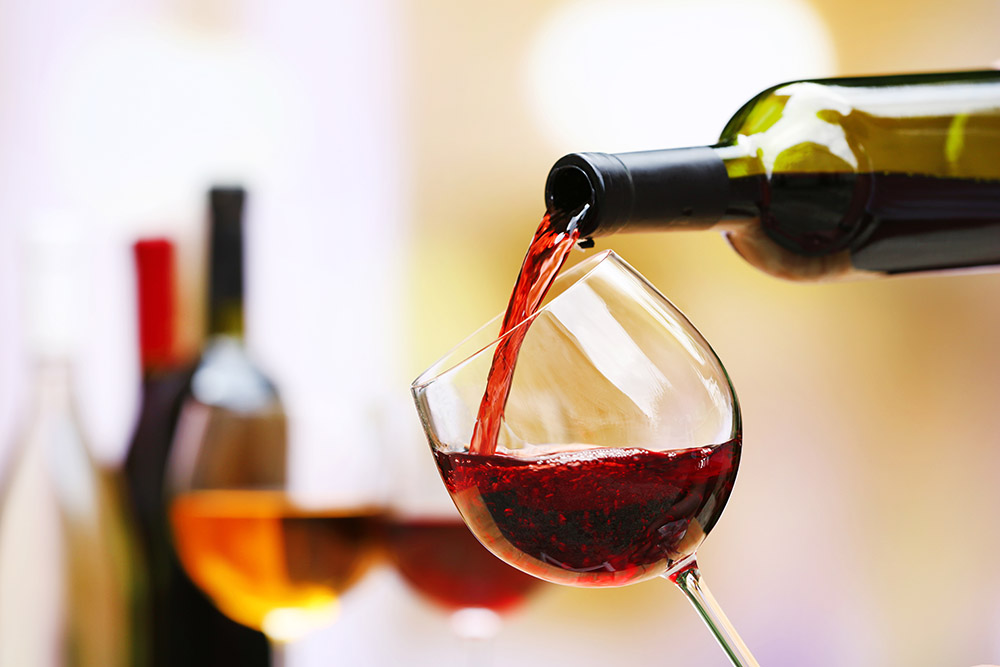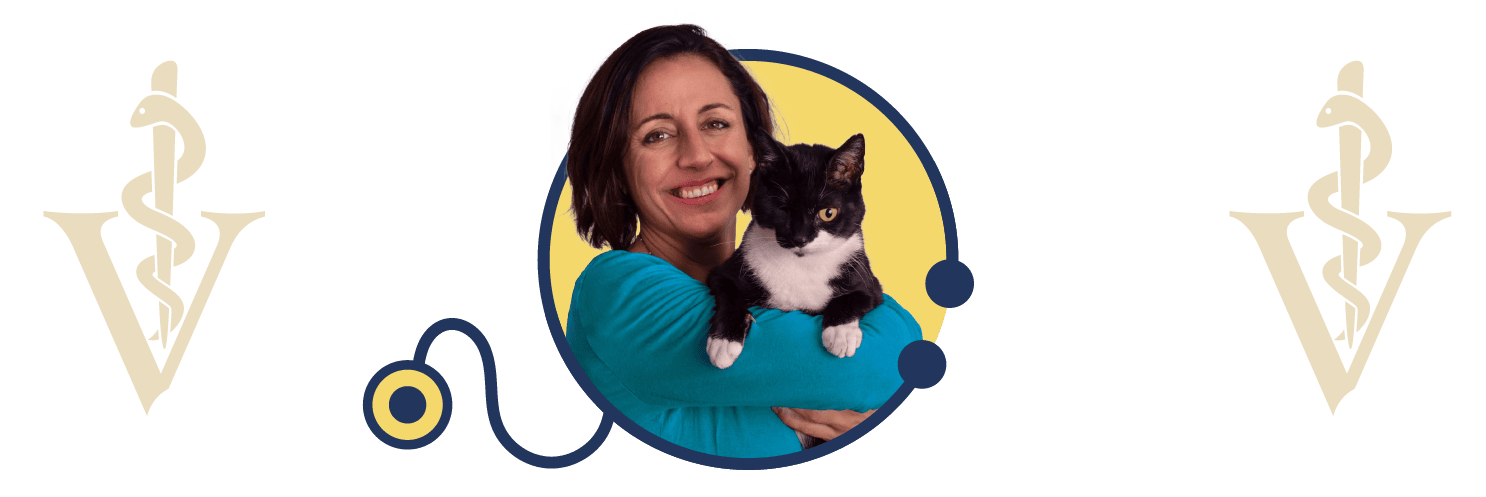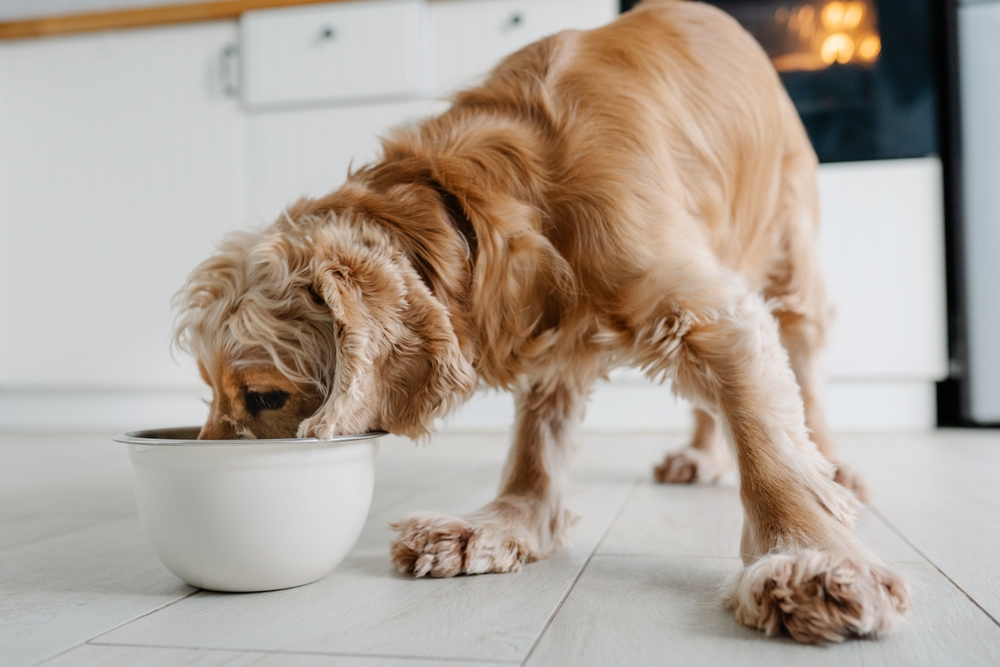Dogs don’t naturally have a taste for alcohol, but some sweet alcoholic drinks or those made with milk or cream can be particularly appealing for them. Some dogs are just curious and others might end up accidentally consuming an alcoholic beverage in their rush to steal food from your dining table.
Dogs are very sensitive to the effects of alcohol. They experience alcohol intoxication faster than humans while consuming a smaller amount. They can exhibit some similar signs as when people get drunk, and it’s not a pleasant experience for them. Alcohol poisoning can even be fatal to dogs. Therefore, it’s important to know what you must do in case your dog accidentally ingests alcohol.


What Happens When a Dog Drinks Alcohol?
Dogs can get drunk and experience the effects of alcohol intoxication. Like humans, alcohol can cause dogs to become more lethargic, lack coordination, and feel disoriented. They can get an upset stomach and experience vomiting and diarrhea. Other common signs of alcohol intoxication include excessive salivation, frequent urination, increased thirst, tremors, seizures and difficulty breathing.1
Dogs are much more sensitive to alcohol than humans due to their smaller size and their inability to metabolize and process it well. Therefore, it may only take a small amount of alcohol to make dogs feel sick, and you can usually see the effects of alcohol intoxication within 30 minutes of consumption.


How Much Alcohol Is Lethal to Dogs?
The published oral lethal dose of ethanol for dogs is between 5.5 to 7.9 g/kg of 100% ethanol. Your dog’s size and the type of beverage or chemical they’ve consumed will determine how they experience the effects of alcohol consumption. The lethal dose will be much smaller for small dogs and toy breeds than for giant breeds.
Alcohol concentration will also vary by substance. For example, beer typically has a smaller percentage of ethanol than wine or whiskey. It’s also important to remember that many common household products contain alcohol. Your dog can experience alcohol poisoning by ingesting aftershave, cologne or perfume, or mouthwash.
What to Do If Your Dog Drinks Alcohol
Fortunately, many dogs are deterred by the scent of alcohol, but not all! Dogs may find certain alcoholic drinks like fruity cocktails very appealing and lap them up if left unattended.
Because alcohol poisoning can be fatal, it’s best to contact a veterinary care professional right away. If your vet’s clinic is open, contact them to consult your vet. You can also contact a pet poison control helpline or a nearby emergency animal hospital for emergencies that happen later at night when most vet clinics are closed.
💛 🐶 Speak To a Vet Online From the Comfort of Your Couch!


If you need to speak with a vet but can’t get to one, head over to PangoVet. It’s an online service where you can talk to a vet online and get the personalized advice you need for your pet — all at an affordable price!
Make sure to be ready to provide as much relevant information as possible. Veterinarians will typically ask for the brand of the product your dog consumed along with how much they drank, when they drank it, and any signs they are showing. It’ll also be helpful to provide the ethanol content of the product.
Treatment will vary depending on how much alcohol your dog consumes and the severity of any signs they are showing. After completing a physical exam, your vet may try to bind the toxin by giving your dog activated charcoal. They may also administer IV fluids and provide other necessary treatments to support breathing, control seizures or stabilize blood sugar levels, for example.
In most cases, dogs that receive veterinary treatment quickly will make a full recovery. Therefore, it’s important to seek advice and get your dog help as soon as possible so that a vet can help manage their signs and treat the effects of alcohol intoxication. It is never recommended to induce vomiting at home, as this can be very traumatic for dogs and end up causing more health complications.
What Is Dog Beer?
Dog beer is a beverage specifically formulated for dogs. It doesn’t contain any alcohol and is completely safe for dogs to drink. Most dog beer uses a bone broth base steeped with malt and barley for flavor. They may also contain fruits or vegetables for additional flavoring.
While dog beer isn’t sufficient enough to take up a significant portion of your dog’s diet, it’s an excellent drink to feed your dog on occasion. It often contains nutritious ingredients, and it enables dogs to partake and feel included in festive occasions.
You can also make your own homemade brew of dog beer. All you need is some bone broth and a few vegetables that are safe for dogs to eat. Simmer the vegetables in the bone broth until their flavor is extracted. Then, discard the vegetables and allow the broth to cool completely. The solution often has a color that’s similar to beer, and it can be a fun party snack to pass out to dogs at barbecues and parties.




Conclusion
Make sure to store alcohol in safe and secure places that are impossible for your dog to reach. If you have open drinks out, make sure to always supervise and keep an eye on your dog to ensure they don’t accidentally drink any out of curiosity.
If your dog does ingest alcohol, contact your veterinarian or a pet poison control hotline right away. Alcohol poisoning is a serious issue that requires immediate care and attention. Getting your dog help as quickly as possible will ensure they get the help they need to achieve full recovery.
Featured Image Credit: Jaromir Chalabala, Shutterstock






